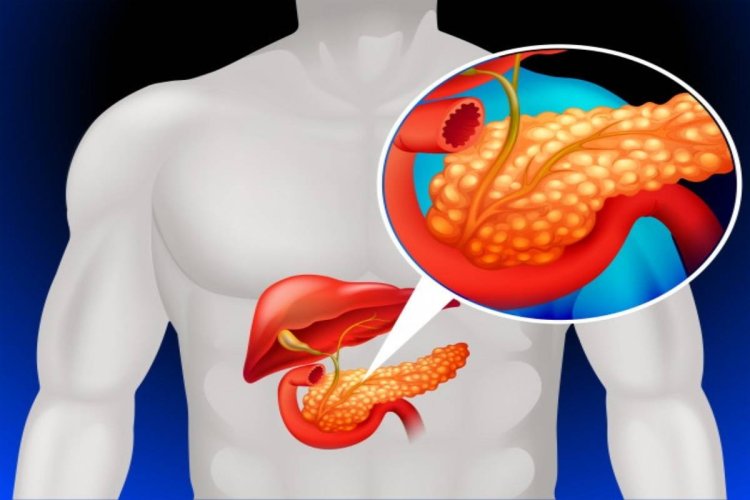Exploring Pancreatic Function Tests: Evaluating Pancreatic Health and Function

Production of hormones and enzymes essential to digestion and blood sugar control is the responsibility of the pancreas. Diabetic and digestive problems are only two of the health problems that might result from an underactive pancreas. Diagnostic instruments for determining the state and operation of the pancreas are pancreatic function tests.
The value of pancreatic function testing, typical test kinds, and what the findings can tell about pancreatic health will all be covered in this blog.
Understanding Pancreatic Function
Understanding the major functions the pancreas plays in the body is crucial before tackling pancreatic function tests:
- Digestive Function: The pancreas generates digestive enzymes, such as amylase, lipase, and proteases, which aid in the small intestine's breakdown of proteins, lipids, and carbohydrates.
- Hormonal Function:The pancreas also generates hormones that control blood sugar levels, including glucagon and insulin. When blood sugar is too low, glucagon elevates it; insulin helps lower it.
These jobs are easily completed by a healthy and well-functioning pancreas. But a number of conditions, injuries, or inflammations can damage the pancreas and cause digestive issues or metabolic diseases like diabetes.
Common Pancreatic Function Tests
Assessing pancreatic health and function can be accomplished with the aid of several testing. Generally speaking, medical professionals order these tests in response to symptoms, past medical history, and suspected pancreatic diseases. Common pancreatic function tests include the following:
- Blood Tests : - Amylase and Lipase Levels: Increased blood levels of these enzymes may be a sign of pancreatic damage or inflammation.
Glucose Levels : In the setting of diabetes in particular, abnormal blood sugar levels may point to pancreatic dysfunction. - Stool Tests : - Fecal Elastase Test : This test gauges the amount of the pancreatic enzyme elastase in the stool. Low levels could point to pancreatic insufficiency, in which the pancreas is not making enough enzymes to digest food properly.
- Imaging Studies : - Ultrasound: To help detect anomalies like tumors or inflammation, an ultrasound may be performed to see the pancreas and its surrounding tissues.Computed Tomography (CT) Scan: CT scans show the pancreas in great detail and can find cysts, tumors, or structural problems.
Magnetic Resonance Imaging (MRI) : MRI scans provide more information than other imaging modalities and can be used to assess the pancreas and related organs. - Pancreatic Function Tests: The Secretin-Stimulated Pancreatic Function Test is a specialised test in which pancreatic enzyme secretion is stimulated by the hormone secretin, and the reaction is measured. Evaluation of pancreatic exocrine function is possible with its aid.
- The Glucose Tolerance Test:This gauges how well the pancreas reacts to a glucose challenge and offers information about the synthesis of insulin and the control of blood sugar.
The particular test carried out and the clinical setting determine how pancreatic function test findings are interpreted. Unusual findings might point to pancreatic cancer, pancreatic insufficiency, pancreatic inflammation (pancreatitis), or other pancreatic problems. A diagnosis may need confirmation by additional diagnostic procedures or imaging examinations, which will also direct course of therapy.
CONCLUSION
Tests of pancreatic function are useful instruments for evaluating the health and operation of the pancreas. Pancreatic diseases can be diagnosed and suitable treatment regimens developed by healthcare professionals by assessing enzyme levels, hormone levels, stool composition, and imaging results. Pancreatic function and general health are preserved only by early diagnosis and treatment of pancreatic disorders. See a doctor for assessment and the right testing if you have symptoms like stomach pain, digestive issues, or unexplained weight loss that point to pancreatic insufficiency.
What's Your Reaction?


















